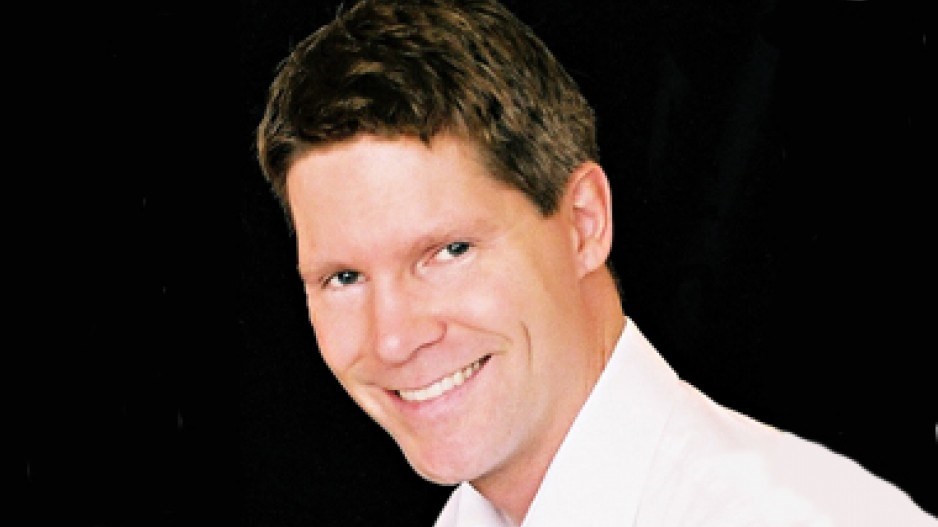A projected shortage of geology experts and tradespeople could threaten the future of B.C.'s mining industry, according to a new forecast of industry labour needs.
B.C.'s mining industry will likely need to hire more than 16,700 workers over the next decade under a "baseline" industry growth scenario, says the report by the federally funded Mining HR Council in partnership with the BC Mining HR Task Force.
Under an "expansionary" industry projection, that number rises to more than 19,800 jobs.
Failure to fill those jobs would slow industry activity to a crawl, according to David Bazowski, chair of the task force.
"The development of mining operations can literally just slow down so you could end up in this contractionary situation."
Bazowski added that the skills shortage would also hit industry indirectly because unfilled government positions would slow permitting processes.
The report projects that, if B.C.'s mining industry focuses on recruitment, it will be able to fill a large proportion of the 16,700 vacancies caused by retirement and non-retirement talent loss.
However, even with that recruitment push, the report projects a talent gap across 66 core mining professions of:
•615 workers by 2014;
•940 workers by 2017; and
•2,925 workers by 2022.
While those numbers might not appear cataclysmic, Bazowski said the devil is in the details. "The trades areas are short and that includes heavy-duty mechanics, millwrights, electricians. Geology positions are particularly of concern. Supervisors are also going to be in very short supply."
Gavin Dirom, president and CEO of the Association for Mineral Exploration BC, said the exploration sector is especially concerned about a projected shortage of geoscientists due to retirements. "These are critical personnel. They're the company makers."
Dirom added that B.C. has the world's highest concentration of geoscientists.
"We're known as the exploration capital of the world, but one of the main reasons [for that] is the technical strength of the main people that choose to live here and work, yes in B.C., but also around the world."
But Dirom said that a lack of mining opportunities in B.C. in the 1990s drove a lot of mining talent out of the industry, and that has left the industry with a very limited Generation X cohort.
He cautioned that to ensure new technical expertise is cultivated, B.C. junior miners need to train young geoscientists by pairing them with geoscience veterans.•
Tips for B.C. juniors to beat the talent crunch
•Mentor new technical talent, particularly geoscientists
•Become an employer of choice through flexible work conditions, a stellar health and safety record, travel opportunities, leadership opportunities and non-salary extras such as bonuses and company equity
•Attend industry networking events to find talent and get projects moving
Source: GAVIN DIROM, Association for Mineral Exploration BC




